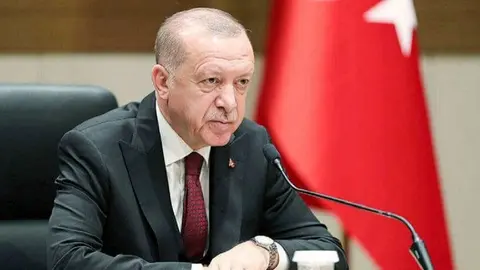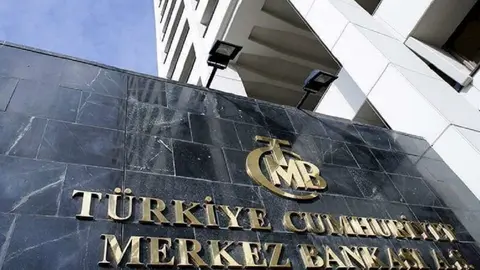Istanbul elections key to Erdogan's future
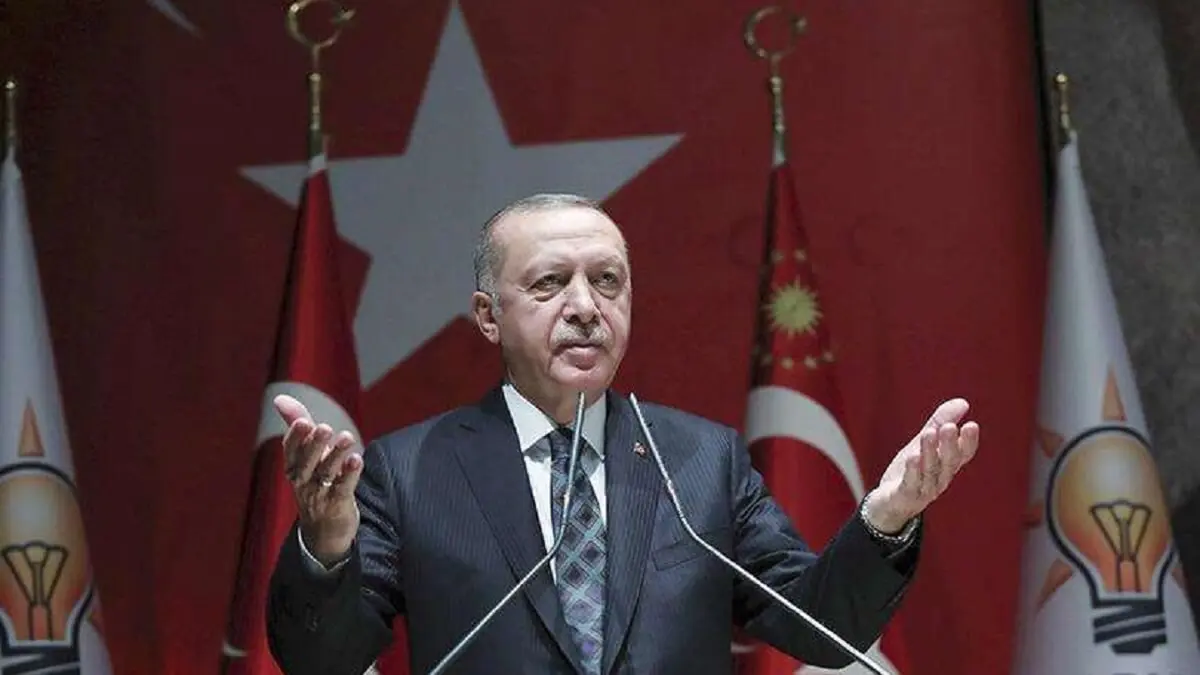
Around 58 million voters are expected to take part in Turkey's local elections which are celebrated this Sunday, March 31,, both in large cities such as Istanbul and Ankara, as well as in the smaller towns of the Eurasian nation. These elections, although they will not influence Recep Tayyip Erdogan's current government, will serve as an indicator of Turkish domestic politics and will have an impact on the president's political trajectory.
Erdogan managed to defeat his opponents in the May 2023 elections, consolidating his power and extending his mandate. Should he win the position again on 31 March, it could be concluded that he no longer has legitimate rivals, something that, according to Turkish analyst Soner Cagaptay, "would allow him to enter the legacy-building phase of his career".
In The Washington Institute, Cagaptay points to domestic issues, such as the Kurdish question, as well as aspects of foreign policy. In this regard, he highlights the development of relations with Greece and Syria.
However, should the AKP candidates - Erdogan's political party - fail to win over the opposition and capture key cities such as Istanbul, the president's political position would be called into question.
In the Bosphorus city, the presidential candidate, Murat Kurum, will have to face one of the country's strongest opponents: the current mayor of Istanbul, Ekrem Imamoglu, who already defeated Erdogan's candidate in the 2019 local elections.
A new victory for Imamoglu would make him a credible rival to Erdogan himself, also boosting the country's anti-Erdogan bloc. "In such a situation, Erdogan can try to solidify his base and prevent the emergence of opposition by redoubling his populist policies domestically and internationally," explains Cagaptay.
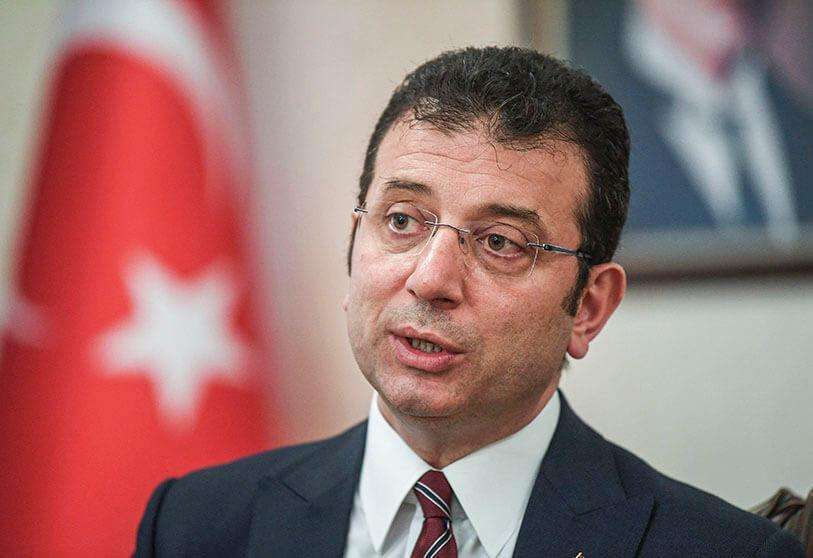
In addition to Istanbul, the country's two other largest and most important cities - Ankara and Izmir - are also ruled by the opposition. However, Istanbul's relevance is remarkable and surpasses even the Turkish capital due to its economic, financial and cultural weight.
Therefore, if Kurum manages to take Istanbul and defeat Imamoglu, "the electorate will conclude that Erdogan won the elections, even if his candidates fail in other elections in the big cities", the Turkish analyst points out.
Conversely, if Imamoglu holds Istanbul, "he will be considered to have single-handedly defeated Erdogan, making him a rival for the president". Currently, polls reveal a close battle for the city, with Imamoglu edging Kurum by a small margin.
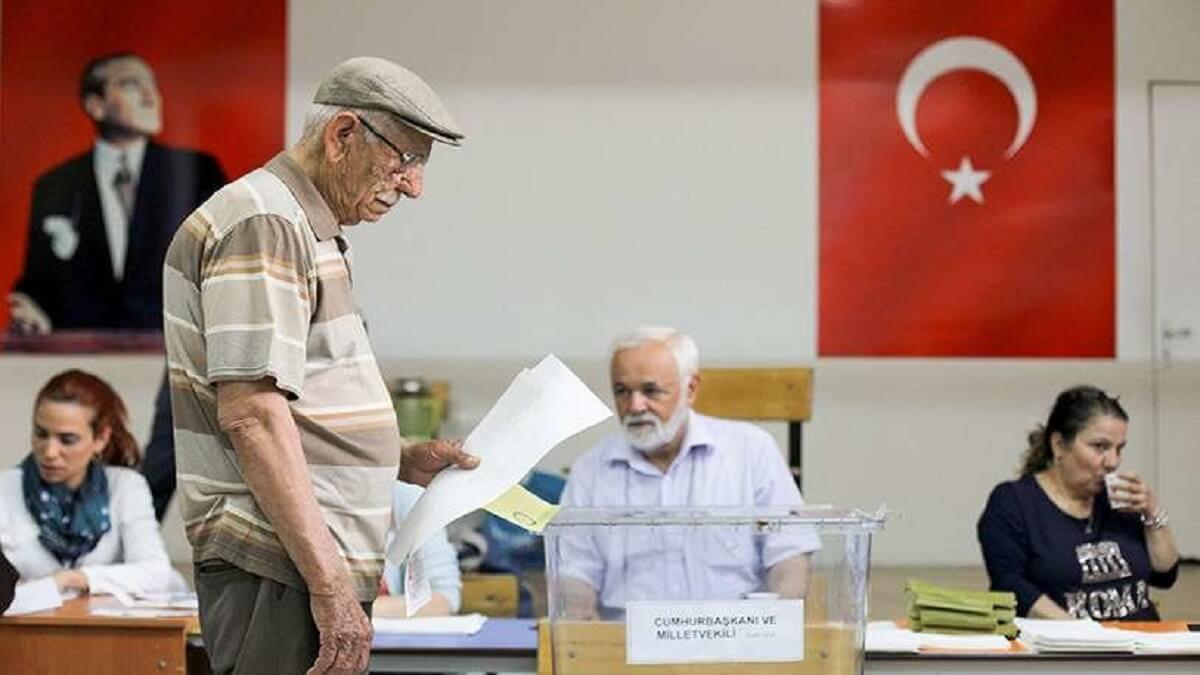
In addition to its symbolic importance on a political level, Cagaptay notes that "Erdogan has an interest in taking Istanbul for personal and economic reasons". The Turkish president was born in the city and began his political career there as mayor before becoming Turkey's prime minister in 2003 and then president in 2014. "He considers Istanbul "his city", a key part of Erdogan's "brand" and is therefore interested in taking it out of Imamoglu's hands," it adds.
Regarding Erdogan's economic interests in Istanbul, Cagaptay recalls that the city accounts for almost half of Turkey's tax base and about a third of its economic output.
"Local construction and urban renewal projects (e.g. tearing down earthquake-prone structures to build resilient ones) generate large amounts of money, and Erdogan wants to put these funds at the disposal of his supporters and the businesses that back him. Winning Istanbul means everything to him," he says.
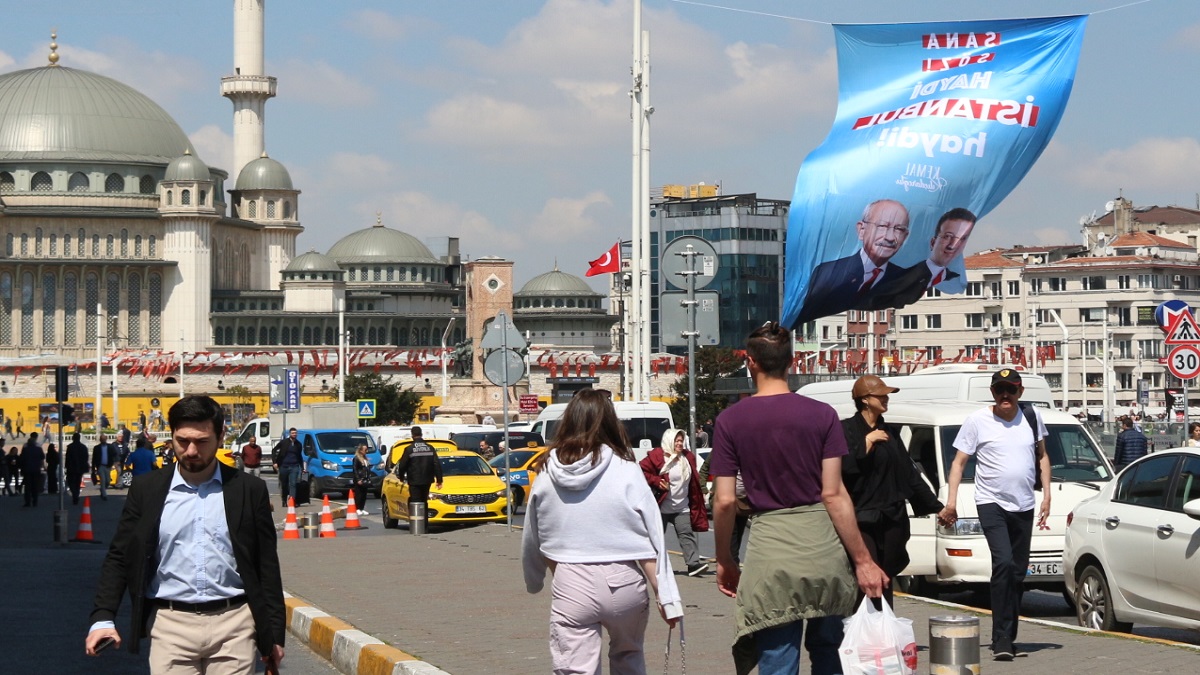
Cagaptay posits several scenarios depending on the outcome of the Istanbul elections. Should Imamoglu win, despite his disadvantages vis-à-vis Erdogan, the Turkish president would resort to political polarisation, raising debates related to "family values" and advocating marriage between a man and a woman in order to appeal to right-wing voters.
He could also adopt a radical shift in his foreign policy, focusing on the Gaza war and exploiting anti-Western sentiment, an approach that, as the analyst recalls, he already used during 2013 and 2019.

On the other hand, should Imamoglu lose, Cagaptay believes that Erdogan would adjust his political calculus and steer Turkey in a different direction. It should be borne in mind that an Imamoglu defeat would mean a big loss for the opposition CHP, both economically and politically.
In this scenario, Cagaptay believes that Erdogan could 'build a broader electoral consensus to change the constitution, including rapprochement with the Kurdish community'.

